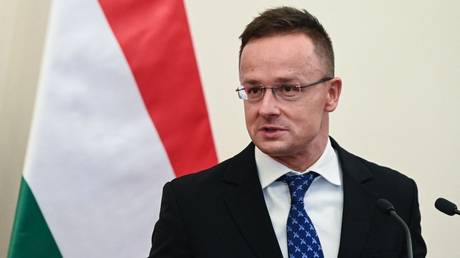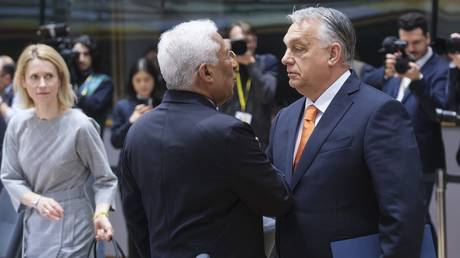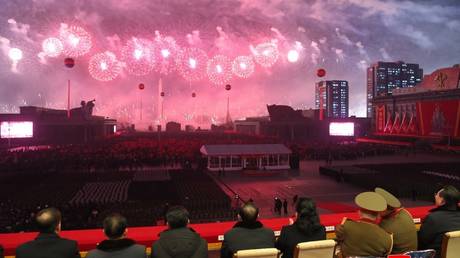
The proposal from Brussels is “bad, harmful and dangerous,” FM Peter Szijjarto says
A price cap on Russian gas is a “bad” idea, but the EU may implement such a measure anyway, Hungary’s Foreign Minister Peter Szijjarto warned ahead of the bloc’s Energy Council meeting on Monday.
“We [Hungary] say no to the price cap because the safety of supply comes first,” Szijjarto said in a post on Facebook.
Setting a fixed maximum price on Russian gas supplies would be “bad, harmful and dangerous, but it seems that it can be introduced despite this,” he wrote.
The foreign minister suggested that the upcoming session in Brussels is going to be “another big battle” for Budapest.
The bloc’s energy ministers have “probably never met so frequently” as they have been recently, Szijjarto pointed out, adding that “now the discussions are justified because there is an energy crisis in Europe.”
The so-called ‘market correction mechanism’ was put forward by Brussels in November as an attempt to protect EU businesses and households from “excessively high gas prices,” which skyrocketed due to the fallout from the bloc’s sanctions on Moscow over the conflict in Ukraine and the subsequent drop in Russian energy deliveries to Europe.
However, EU member states have been trying to find common ground on the proposed price cap for weeks. Some countries have expressed concern that implementing such a measure would only exacerbate market volatility, while others have argued that the floated price level was too high to be effective.
The latest attempt at a compromise, proposed by the Czech Republic, which holds the EU’s rotating presidency, would entail the cap being triggered if gas prices on the Dutch Title Transfer Facility (TTF) exchange, Europe’s benchmark, exceed €188 ($199) per megawatt hour for three days – far lower than the €275 (around $291) per MWh originally put forward by the European Commission.
Russian President Vladimir Putin has previously warned that the country will simply stop supply gas to the EU if the price ceiling is introduced, redirecting deliveries to Asian customers instead.




